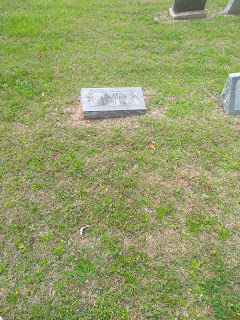Some recent events inspires a fresh look at the folk revival : The long-awaited release of some of Mack McCormick's field recordings in a handsome boxset Playing For The Man At The Door, Mack's classic book on Robert Johnson, "new" live releases from the 1970s by Sunset Records of Mississippi Fred McDowell and Reverend Gary Davis, and the recent death of McCormick's friend and colleague Arhoolie Records founder Chris Strachwitz.
All this had us reflecting on the Folk Revival, which began circa 1950 with Pete Seeger & The Weavers taking Lead Belly's "Goodnight Irene" to the top of the charts, leading to the Kingston Trio, Peter Mary & Mary, Joan Baez, Bob Dylan in the 1960s, continuing in the 1970s in the singer/songwriter genre. Today such roots music is known as Americana.
Besides folk, the folk revival included blues gospel, ragtime, and more. Embodied by the Newport Folk Festival in the mid-1960s, it included both African-American and European-American artists and others, mostly of the country rural variety.
Perhaps one of the most interesting aspects of the revival was the "rediscoveries" of older African-American country blues artists who had recorded in the 1930s and then largely vanished until the 1960s when they were suddenly "rediscovered" and putting out albums, touring, playing festivals and TV shows for audiences of mostly young European-Americans. Some of the notable "rediscoveries" were Son House, Skip James, Reverend Gary Davis, Mississippi John Hurt, Mississippi Fred McDowell, Elizabeth Cotten, Sleepy John Estes, Bukka White, Mance Lipscomb, and Lightnin' Hopkins.
Chris Strachwitz and Mack McCormick traveled together in Texas to track down (and ultimately record) Lightnin' Hopkins and Mance Lipscomb.
THIS ARTICLE IS STILL BEING EDITED. CHECK BACK NEXT WEEK FOR MORE.
A recent trip through Texas and Louisiana, including memorials to Blind Willie Johnson and Mance Lipscomb.
Rock n roll is expected to stand for something.


































































No comments:
Post a Comment